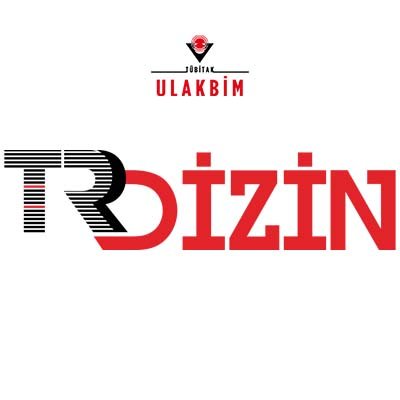This study aims to investigate the effects of a 5-week psychomotor exercise program on the physical self-concept of primary school children. Methods: In total, 14 boys and 18 girls, average age 8.66 years, took part. Motor abilities test DMT 6–18 (Deutscher Motoriktest 6-18, German motor test 6-18) and questionnaire for physical self-concept PSK-K (Physisches Selbstkonzept-Kinder, physical self concept in children) were used. Mean values and standard deviations of the subscales and the total scores were evaluated. An ANOVA with repeated measures should show the differences between groups and the change over time, a linear regression analysis shows the influence of the predictors age, gender, and sports club affiliation on physical self-concept, Pearson correlation coefficients are calculated between motor abilities and self-concept, and z was calculated for group differences in correlations. SPSS 29 (IBM SPSS Corp.; Armonk, NY, USA) and www.psyc hometric a.de are used. Significance level is set at p < .05. Results: A significant improvement can be found in DMT 6–18 in the experimental group and in the PSK-K in speed, strength, and total score. A not significant improvement is found for the control group in PSK-K excepting flexibility. The linear regression analysis is not significant for age, gender, and sports club membership. Correlations improve significantly from pre- to posttest in the experimental group; a significant time effect is only shown for flexibility. Conclusions: The improvements in the experimental group may be due to the intervention. Non-significant differences between the groups may be due to a test effect, too short intervention period, or non-randomization of the individual participants. The study should be repeated with a longer intervention period and a larger sample.
Cite this article as: Dincher, A., & Imhof, T. (2025). Does a psychomotor exercise intervention influence the physical self-concept of primary school children? A pilot study. Research in Sports Science, 15, 0032, doi: 10.5152/rss.2025.24032.


.jpg)


.png)


